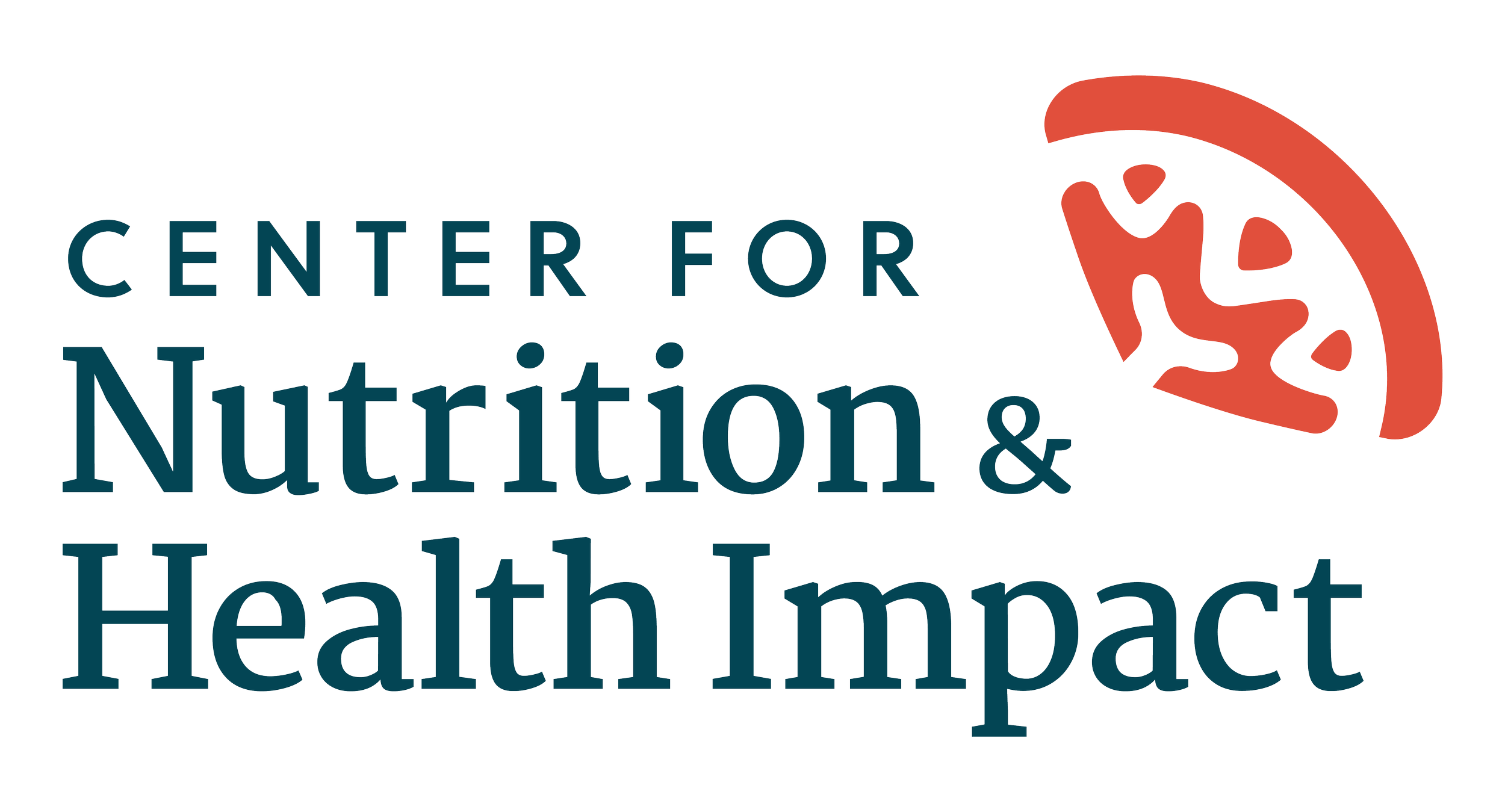Food and Nutrition Security
Related Measures
------- + -------
About This Project
The Center for Nutrition & Impact (CNHI), with funding from the Walmart Foundation, developed new measures that are complementary to the existing United States Department of Agriculture (USDA) Household Food Security Survey Module (HFSSM). The new measures aim to provide a more holistic assessment of the food insecurity experience. These are low-burden and self-administered modules that address critical measurement gaps related to food security that are of interest to both practitioner and academic audiences. The measures assess household resilience, nutrition security and dietary choice and the three pillars of food security that are not currently captured by the HFSSM (availability, utilization and stability). The measures were developed by CNHI with guidance from an expert advisory group of food security and nutrition researchers and practitioners. Items went through cognitive interviews, pilot testing and psychometric testing before being finalized. User guidance documents describe the administration and scoring of the new measures.
We received the opportunity to present these new measures on the USDA National Institute of Food and Agriculture (NIFA) Nutrition Security Webinar Series. Click the button below to watch the full webinar.
“These complementary and supplemental measurement tools are necessary to better understand what people need to overcome the barriers preventing them from having access to sufficient and nutritious food. These new measures, developed in collaboration with researchers, practitioners and food insecure individuals, can be used by organizations to help inform the development and effectiveness of their programs seeking to address food access.”
- Eileen Hyde, Senior Director Community Resilience, Walmart.org
“Since no single intervention will ever be sufficient to address the epidemic of poor dietary intake, obesity and diabetes in the United States, we need to provide easy tools for researchers across the U.S. to be deploying, testing and refining various interventions and combinations of interventions.”
- Dr. Hilary Seligman, Expert Working Group Member









